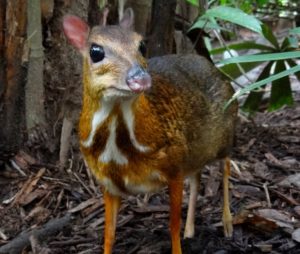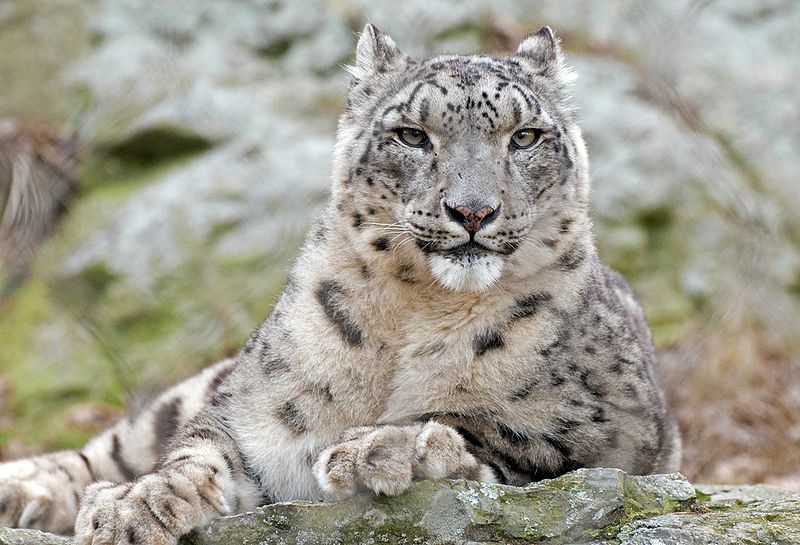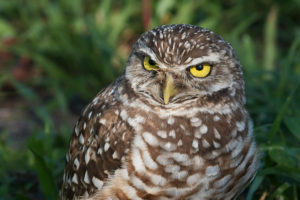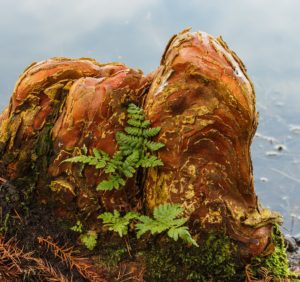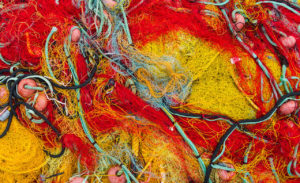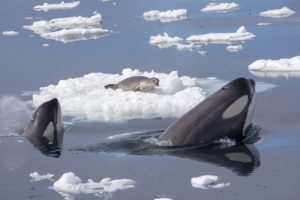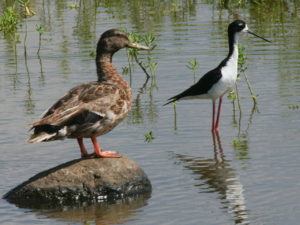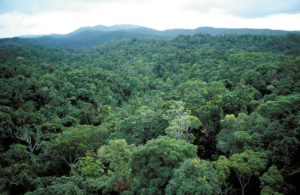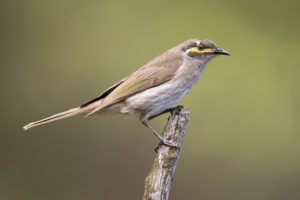Lost Species Rediscovery
A species previously believed to be lost to science has been re-discovered. The silver-backed chevrotain was seen for the first time in 25 years on camera trap footage in Vietnam. Scientists will now study the population to determine its size and the threats to its survival.

